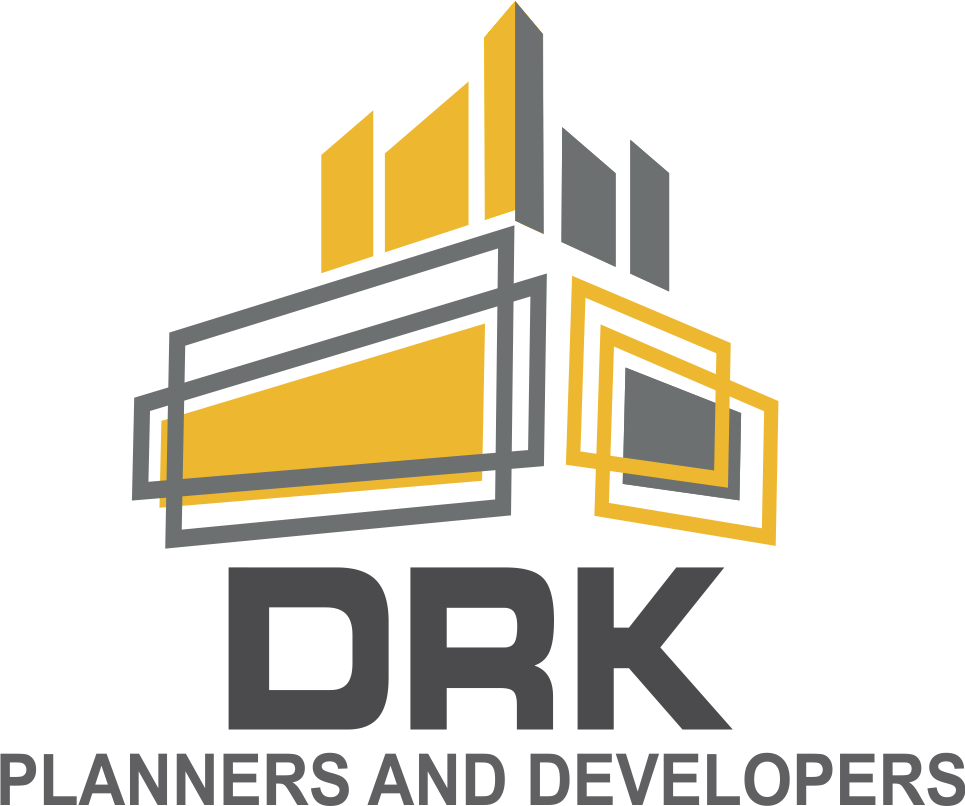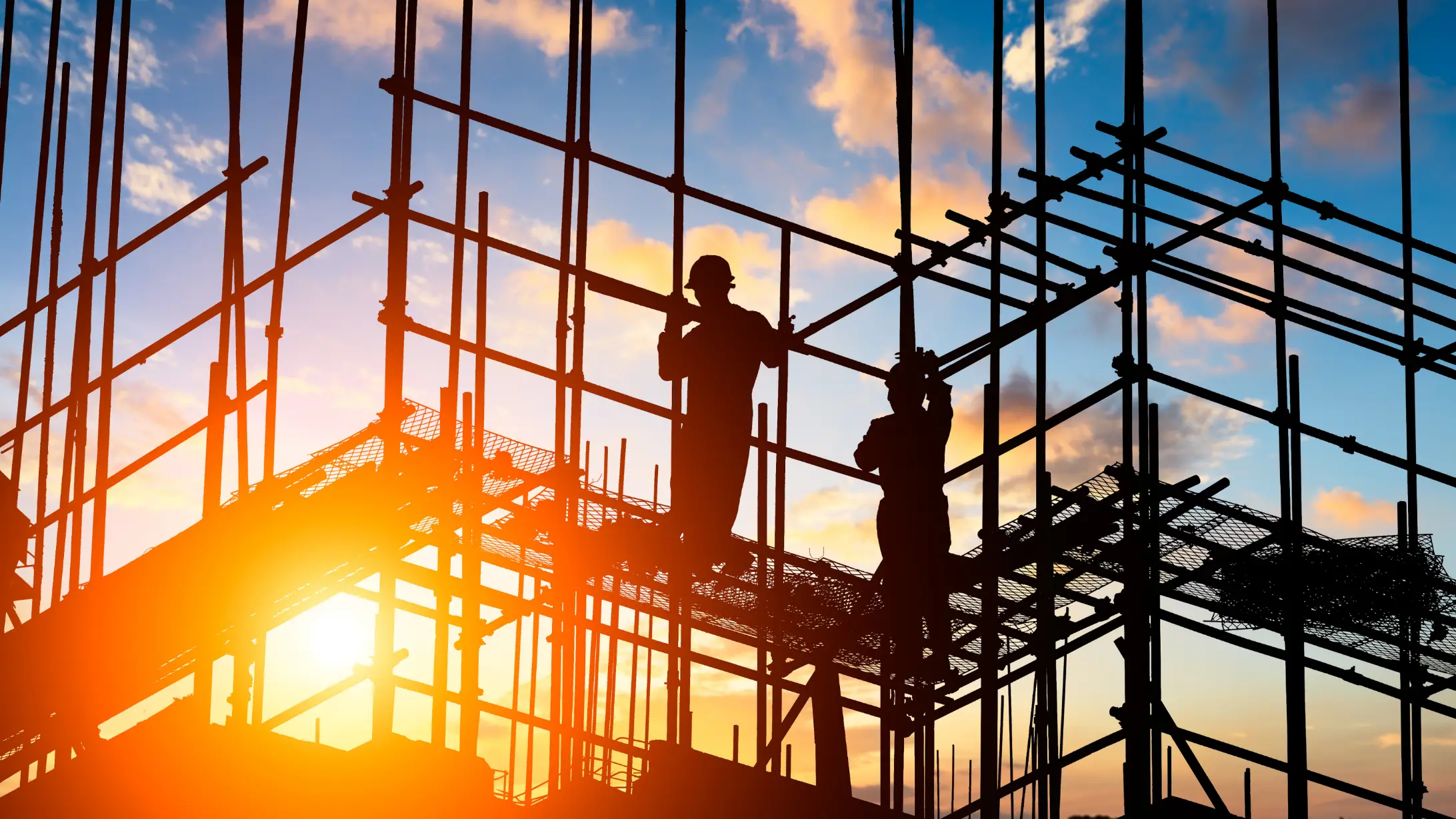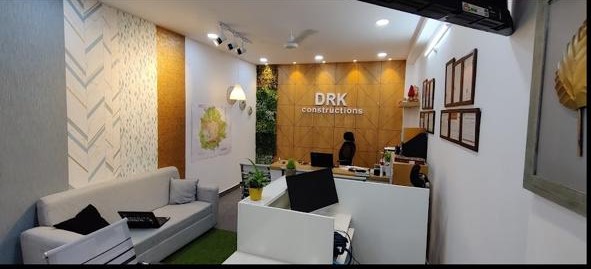Commercial Constructions
Home >> Commercial Construction
Submit your request
Introduction to Commercial Construction
- What is Commercial Construction?
- Definition: Explain what constitutes commercial construction, including office buildings, retail spaces, warehouses, and more.
- Differences from Residential Construction: Highlight key differences between commercial and residential construction projects.
- Types of Commercial Buildings
- Office Buildings: Discuss various types such as high-rise, mid-rise, and low-rise offices.
- Retail Spaces: Cover different retail environments, from standalone stores to shopping malls.
- Industrial Facilities: Explain types like warehouses, manufacturing plants, and distribution centers.
- Hospitality and Leisure: Include hotels, restaurants, and entertainment venues.
Planning and Design
- The Commercial Construction Process
- Initial Planning: Steps involved in site selection, feasibility studies, and initial design concepts.
- Design Phases: Outline stages of design, including schematic design, design development, and construction documents.
- Key Considerations in Commercial Design
- Functionality and Flexibility: How to design spaces that meet business needs and adapt to future changes.
- Compliance and Regulations: Important codes and regulations affecting commercial buildings, including accessibility, safety, and energy efficiency.
- Selecting the Right Architect and Contractor
- Choosing Professionals: Tips for selecting qualified architects and contractors for commercial projects.
- Bid Process: How to manage the bidding process and evaluate proposals.
Construction Management
- Project Management in Commercial Construction
- Roles and Responsibilities: Overview of key roles, including project manager, general contractor, and subcontractors.
- Project Phases: Detailed look at construction phases from ground-breaking to project completion.
- Budgeting and Cost Management
- Estimating Costs: Methods for estimating construction costs, including material, labor, and contingency.
- Managing Budgets: Tips for controlling costs and avoiding budget overruns.
- Timeline and Scheduling
- Creating a Construction Schedule: How to develop a realistic timeline for commercial projects.
- Managing Delays: Strategies for handling delays and keeping the project on track.
Regulations and Compliance
- Building Codes and Standards
- Overview of Codes: Key building codes and standards relevant to commercial construction, such as the International Building Code (IBC) and local codes.
- Compliance Requirements: Steps to ensure compliance with regulations and avoid legal issues.
- Permits and Approvals
- Types of Permits: Common permits required for commercial construction, including building permits, zoning permits, and environmental permits.
- Approval Processes: How to navigate the approval process with local authorities.
- Safety Standards and Practices
- Occupational Safety: Safety regulations and best practices to protect workers on commercial construction sites.
- Site Safety Plans: How to develop and implement safety plans to minimize risks.
Sustainability and Innovation
- Green Building Practices
- Sustainable Design: Incorporating eco-friendly materials and energy-efficient systems into commercial buildings.
- Certifications: Overview of green building certifications, such as LEED (Leadership in Energy and Environmental Design).
- Technological Innovations
- Smart Buildings: How technology is transforming commercial buildings with smart systems for lighting, heating, and security.
- Construction Technology: Emerging technologies in construction, such as 3D printing and modular construction.
Maintenance and Operations
- Facility Management
- Post-Construction Services: Overview of maintenance and facility management services needed after construction.
- Long-Term Care: Tips for maintaining commercial buildings to ensure longevity and operational efficiency.
- Tenant Improvements
- Customizing Spaces: How to handle tenant improvement projects and modifications to suit specific business needs.
- Coordination with Tenants: Managing tenant needs and expectations during improvement projects.
Case Studies and Examples
- Successful Commercial Projects
- Project Highlights: Showcase examples of successful commercial construction projects, detailing design, challenges, and outcomes.
- Lessons Learned: Share insights and lessons learned from notable projects.
- Innovative Designs and Approaches
- Design Innovations: Examples of cutting-edge design approaches and their impact on commercial spaces.
- Construction Techniques: Highlight innovative construction techniques and their benefits.
General Tips for Content Creation
- Visual Content: Use diagrams, floor plans, and images to illustrate concepts and examples.
- Glossary of Terms: Include a glossary to define technical terms and jargon related to commercial construction.
- Expert Contributions: Feature insights from architects, engineers, and construction managers to add depth and credibility.
- Interactive Elements: Consider interactive tools such as budgeting calculators or project checklists to engage users.
By providing detailed, practical information on commercial construction, you can help users navigate the complexities of planning, executing, and managing commercial building projects effectively.
OUR PORTFOLIO
HOW IT WORKS?

1
Your Requirement

2
Cost Estimation

3
Schedule Visit

1
Work Execution

1
Work Execution
WHY CHOOSE DRK PLANNERS & DEVELOPERS

Professional Service
Highly experienced Design & Construction team to provide the best service possible. We make sure your experience is stress-free and easy from the beginning until the end.

Insured work
We've got you covered! Your building is insured with us, so you don't have to fret about any issues that may arise after construction. We're just a call or click away, ready to assist you whenever you need us.

100% Transparency
We believe in transparency, which is why we never hide any charges from you. Every detail is crystal clear, so you can trust us to be upfront and honest. Bringing transparency to our services is one of our fundamental values.
Digital Tracking
We've made tracking your work progress easier than ever before. With a simple login, you can digitally monitor and manage every aspect of your work site, giving you complete control and visibility over the project.

Quality Assurance
Rest assured that you're getting the right quality at the right price with us. We don't overcharge, and we never compromise on the quality of our products. You can say goodbye to substandard materials when you work with us.

On Time Delivery
Missing a deadline is not an option for us. We always deliver on time, every time, and we take pride in our ability to do so. Our commitment to on-time delivery means that you won't have to worry about any unexpected cost overruns.

Flexible Pricing Models
We get it - rigid pricing models can be a hassle. That's why we offer personalized quotes that are tailored to your specific needs and preferences.

Curbing Malpractices
We have put a check on Malpractices. With our new age technology assistance, we have curbed all the Fraudulent practices.

No Cost Over Runs
We stand by our promise of a 100% No Cost Overrun Policy, which means that you won't have to worry about unexpected expenses popping up during the project.
BLOGS
Tips for Successful Land Development Projects
Introduction: Land development projects require careful planning, coordination, and execution to ensure their success. In this blog post, we will
The Importance of Sustainable Construction Practices
Introduction: Sustainable construction practices have gained significant attention in recent years due to the growing concern for the environment and
The Future of Construction Technology: Trends to Watch
Technology is rapidly transforming the construction industry, revolutionizing traditional processes and enhancing productivity, safety










